Is your LA home at risk from mold, fire, or water damage? State Farm has you covered—and Onsite Pro Restoration is here to help you maximize your policy benefits fast.
Get Started
Service Form
Restore Your Home with Confidence
For over a century, State Farm has protected homes like yours with comprehensive coverage tailored for Southern California’s unique risks—think wildfire seasons, sudden rainstorms, and aging plumbing. If disaster strikes, your State Farm policy can cover the full cost of professional restoration, including certified local specialists from Onsite Pro Restoration.
Why choose Onsite Pro Restoration?
- Trusted State Farm partner for Los Angeles homeowners
- Fast response—same-day policy reviews and emergency restoration available
- Local expertise: We know LA neighborhoods, codes, and common hazards
Common covered events:
- Mold outbreaks after heavy rains or plumbing leaks
- Fire and smoke damage during wildfire season
- Water damage from burst pipes or appliance failures
Don’t Wait Until It’s Too Late
Every season brings new risks. Our policy experts will help you review your State Farm coverage and claim your benefits before minor issues become major headaches.
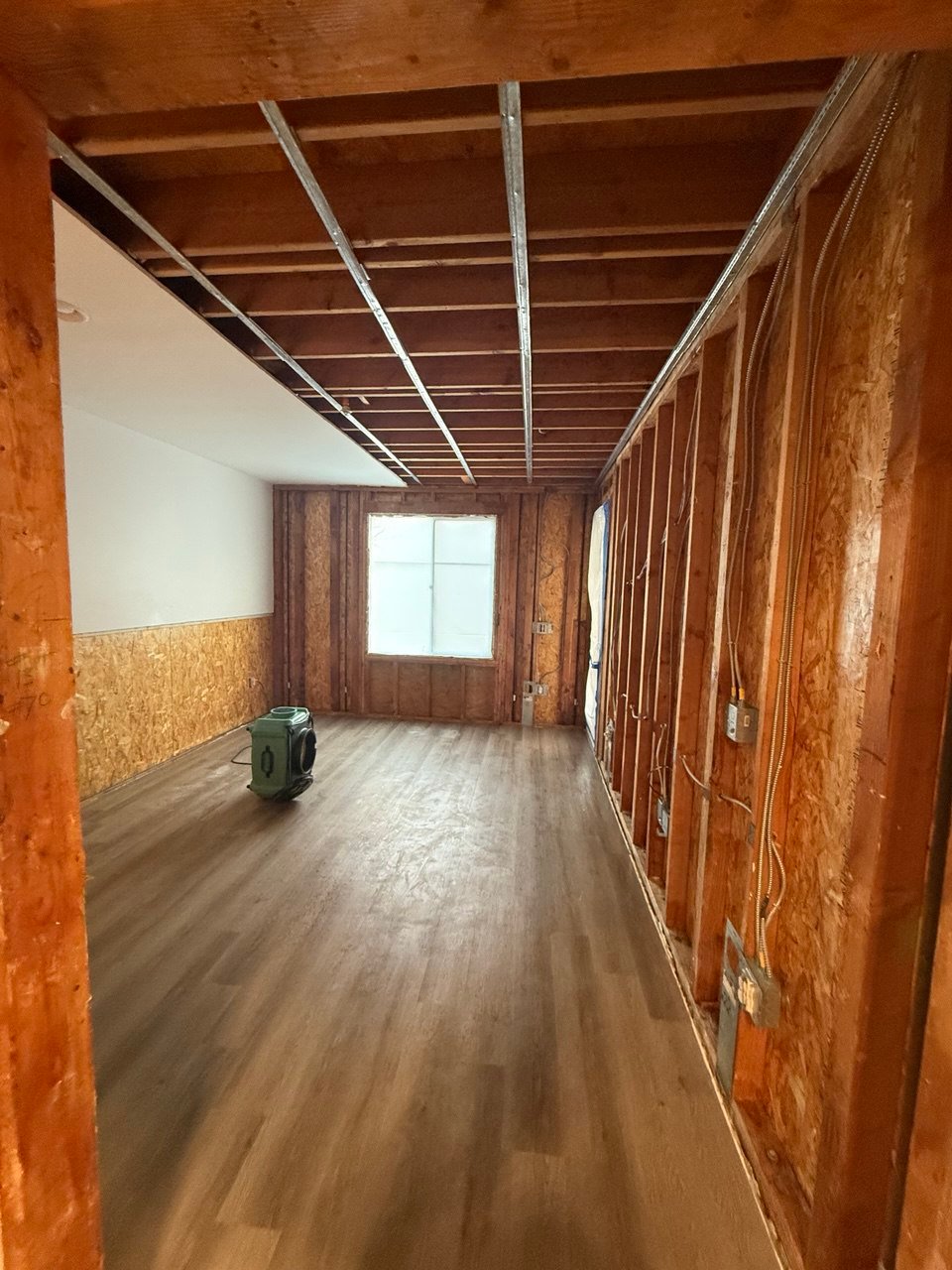
Water Damage Coverage
A bad storm, flooding, and even something as simple as a tiny roof leak can cause extensive water damage in your Los Angeles home. A State Farm policy may provide water damage coverage to ensure you can clean up your house fast after it sustains water damage. You might also find that the answer to the question, “Does State Farm homeowners insurance cover mold damage?” is “yes.” In this case, your policy should cover the cost of:
- Burst pipes & plumbing failures
- Roof leaks from storm damage
- HVAC or water heater malfunctions
Fire Damage Coverage
A fire can devastate your home by causing substantial smoke and fire damage. If you’ve signed up for State Farm fire insurance in California, your policy may prevent this damage from taking a lasting toll on your house. It might provide the funds you need to tackle important tasks like:
- Removing smoke odors from your home
- Cleaning up fire damage in your house
- Making major home repairs to eliminate smoke and fire damage
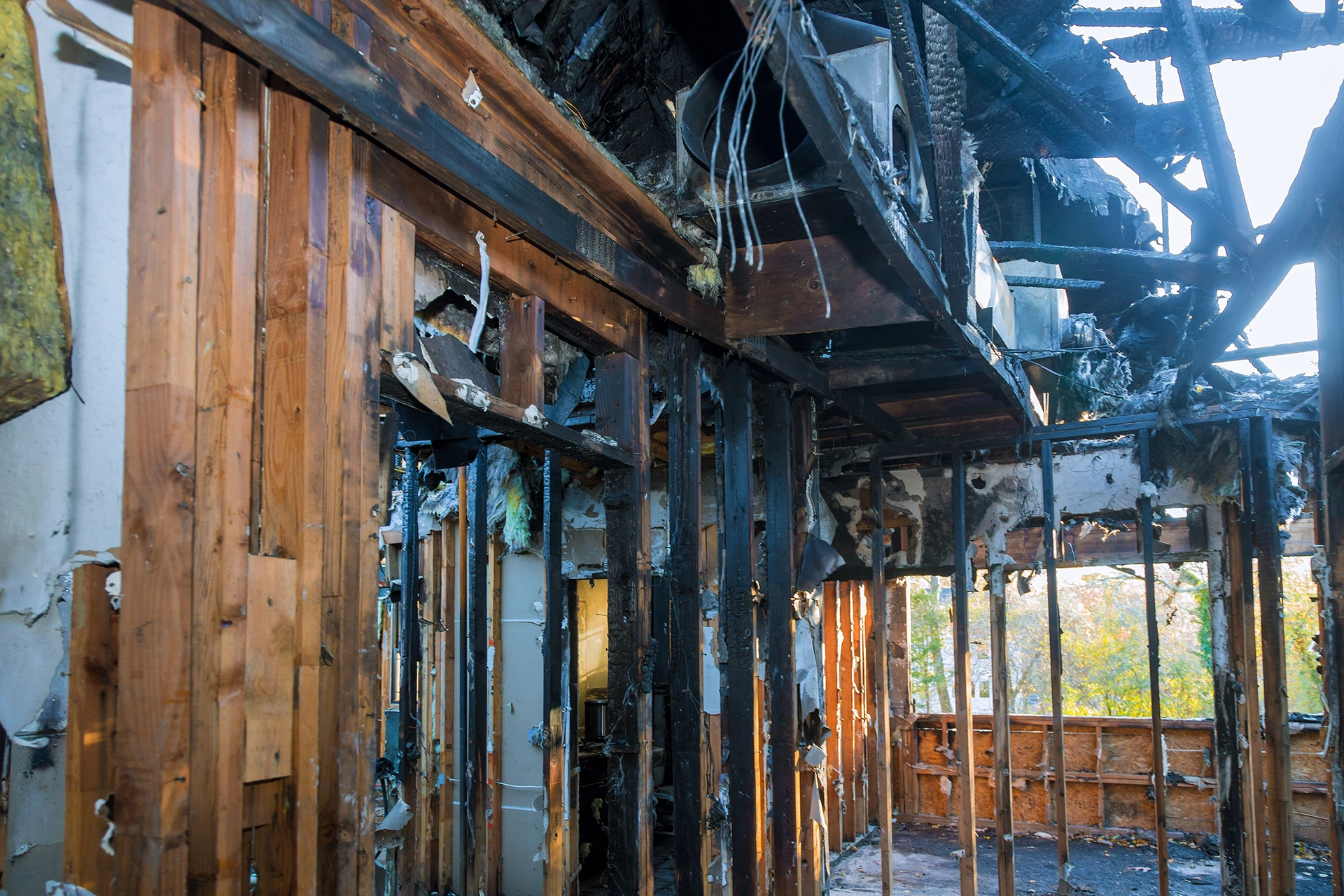
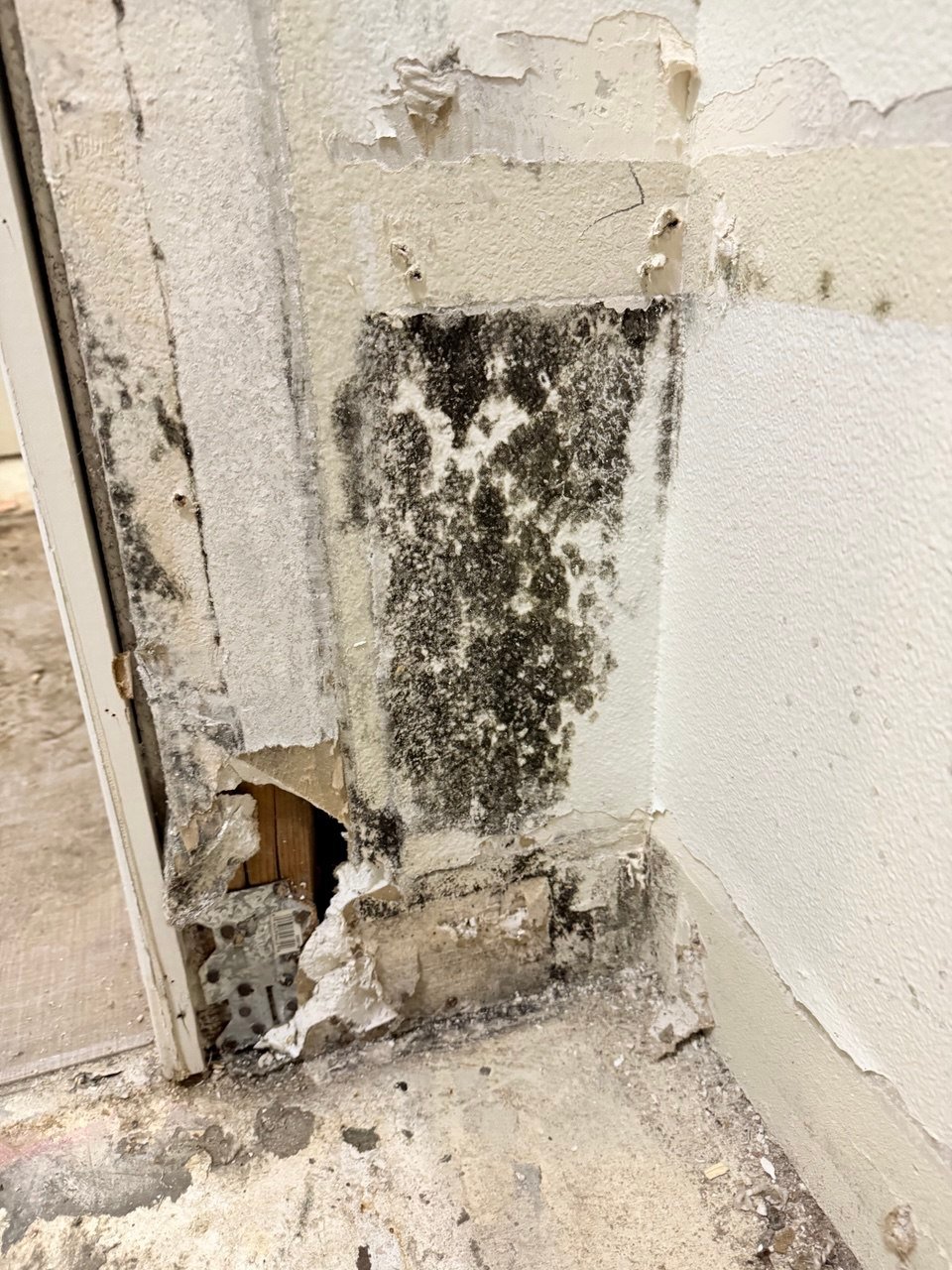
Mold Damage Coverage
Mold damage is one of the worst things a homeowner can be unfortunate enough to deal with. Sometimes it’s virtually undetectable and can release harmful particles into the air.
Many insurance companies exclude or limit coverage for mold damage, so be very careful when reviewing your insurance policy and see if some of the basics are covered, such as:
- Testing your home for mold
- Removing mold from your home
- Stopping mold from returning to your home
Make the Most of Your State Farm Homeowners Insurance With Our Help
Onsite Pro Restoration is a licensed company. We provide high-quality services to homeowners in Los Angeles and nearby areas. We also work closely with homeowners insurance companies like State Farm. They offer coverage for water, fire, and mold. We will help you find out if your policy covers the costs to restore your home. Give us a call to start the process of filing a homeowners insurance claim.
How an Insurance Agent Can Help You Choose the Right Policy
Navigating homeowners insurance can be overwhelming, but working with an experienced agent makes the process much easier—and more effective for your needs. An insurance agent can walk you through the ins and outs of various policies, helping you compare options and understand what’s truly necessary to safeguard your home.
When you sit down with an agent, here’s how they can assist:
- Review your current situation and identify risks unique to your home’s location.
- Break down different coverage options for water, fire, mold, and other potential perils.
- Recommend coverage limits and policy features to fully protect your property and belongings.
- Explore cost-saving strategies—such as bundling home and auto insurance—to maximize value without sacrificing protection.
- Answer specific questions about exclusions, deductibles, and endorsements so there are no surprises if you ever need to file a claim.
Ultimately, an insurance agent’s goal is to ensure you’re financially protected in the event of the unexpected, tailoring your coverage to your needs and providing peace of mind for you and your family. Whether you’re new to homeowners insurance or looking to update an existing policy, reaching out to a knowledgeable agent is a smart step toward greater security.
What Are Your Responsibilities After a Loss?
If something goes wrong—like a burst pipe, fire, or unexpected storm damage—your next steps are crucial. Your insurance policy will outline exactly what you’re expected to do, but here are the typical responsibilities for homeowners after a loss:
- Notify your insurance company as soon as possible. Quick communication helps ensure your claim gets processed without unnecessary delays.
- Take steps to prevent further damage. For example, if you have a leak, shut off the water and make temporary repairs if you can do so safely.
- Document everything. Take photos of the damage and make a list of everything affected—details matter here.
- Save receipts and records. If you need to pay for emergency repairs (think water extraction or securing broken windows), keep all your invoices. Restoration companies like Onsite Pro Restoration can provide detailed documentation that your insurer may request.
- Cooperate with the claims process. This could involve meeting with adjusters, providing requested information, or submitting forms.
Staying proactive helps your claim go smoothly and gets you back to normal as soon as possible.
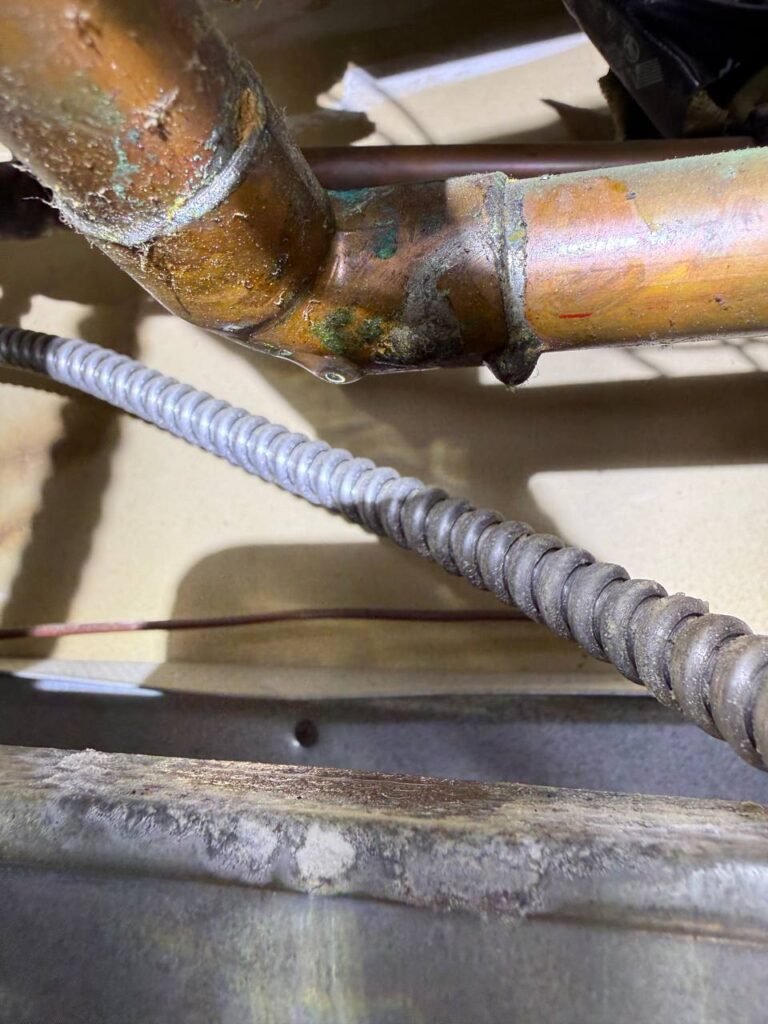
What Factors Impact the Cost of Homeowners Insurance?
Homeowners insurance premiums aren’t set in stone—they’re influenced by a variety of details tied to you and your property. If you’ve ever wondered why your friend across town pays a different rate, here are some of the main reasons:
Location of Your Home
Homes located in areas with higher crime rates or those more vulnerable to wildfires, earthquakes, or floods usually see higher premiums. Living in a low-risk neighborhood? Your costs could be lower.
Type and Amount of Coverage
The more extensive your coverage or the lower your deductible, the higher your monthly premium is likely to be. Adjusting these options can help balance your coverage with your budget.
Your Credit and Claims History
Insurance companies will often look at your credit score and any past insurance claims. A strong credit history and a clean claims record may qualify you for better rates.
Features and Age of Your Home
Newer homes, or those built with durable, impact-resistant materials, tend to cost less to insure—think newer roofing, updated plumbing, and modern electrical systems. On the flip side, older homes with outdated systems could come with higher premiums.
Available Discounts
Many homeowners save money by bundling their home policy with auto, installing a security system, or even just being loyal to their insurance provider. It’s worth asking about discounts!
Each insurance company weighs these factors a little differently, so it’s always a smart move to compare quotes and ask questions to find the best fit for your situation.
Understanding the Main Types of Homeowners Insurance Coverage
A typical homeowners insurance policy generally includes several types of coverage designed to protect you and your assets:
- Dwelling Coverage: This helps pay for repairs or rebuilding your home’s structure if it’s damaged by a covered event, such as fire or severe weather.
- Personal Property Coverage: If your belongings—like furniture, electronics, or clothing—are stolen or destroyed by a covered peril, this coverage can help you replace them.
- Liability Protection: Should someone be injured on your property or you accidentally cause damage to another person’s property, liability coverage helps protect you from legal and medical costs.
- Additional Living Expenses (ALE): If your home becomes uninhabitable due to a covered loss, ALE covers costs for things like hotel stays and meals until you can return home.
Knowing how these coverages work together can give you peace of mind and help ensure that you’re well-protected, whether you’re facing minor damage or a major disaster.
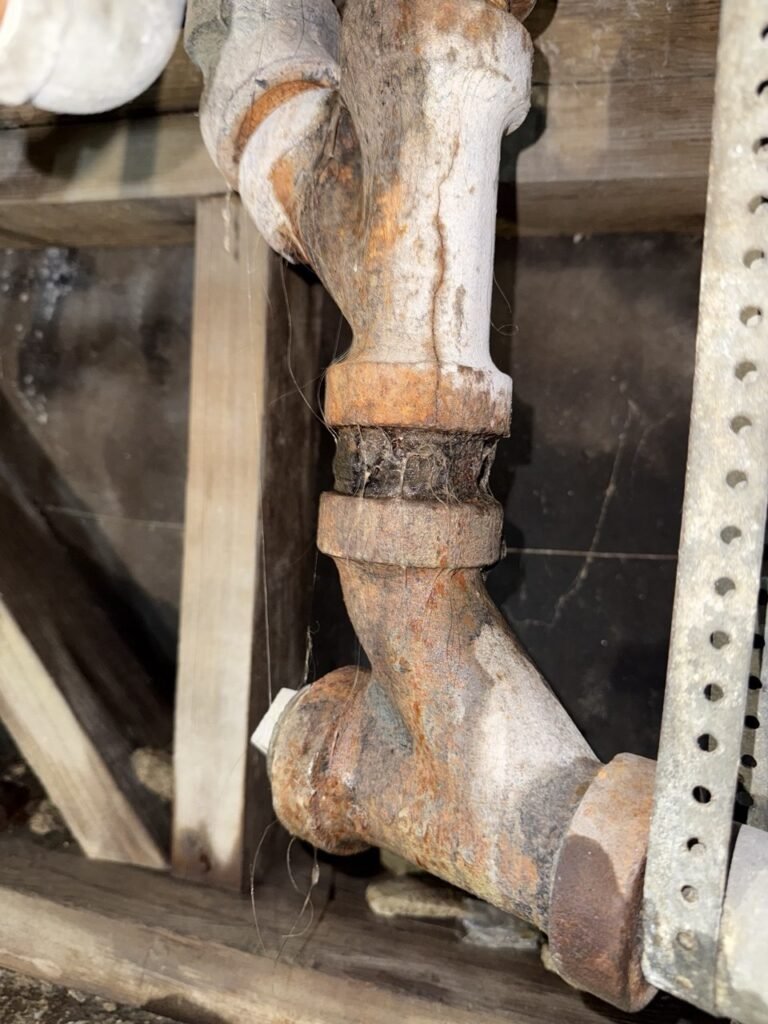
What Is Homeowners Insurance?
Homeowners insurance is a safety net designed to protect both your property and your personal belongings if disaster strikes. Whether you’re dealing with a sudden fire, water damage from a storm, or accidental damage to your home’s structure, this type of policy steps in to help cover repair or replacement costs. Many mortgage lenders even require this coverage because it safeguards not only your investment but theirs as well.
But it’s more than just physical protection. Homeowners insurance also includes liability coverage, which helps if someone is injured on your property and you’re found responsible. From replacing lost furniture after a flood to covering medical bills after a slip-and-fall, a quality homeowners policy is there to give you peace of mind—so you can focus on making your house feel like home.
Why Homeowners Insurance Matters
Owning a home is one of the biggest milestones—and investments—you’ll ever make. But along with the comfort of your own space comes a world of responsibility and potential risk. Beyond just the structure itself, think about everything inside your home: electronics, furniture, appliances, clothing, and all those irreplaceable family keepsakes. If disaster strikes, whether from fire, theft, storms, or other unexpected events, the financial impact of repairing or replacing these items could be overwhelming.
But the reasons for homeowners insurance don’t stop with property protection. Accidents can happen on your property—like a guest slipping on the front steps—and you could find yourself facing costly legal claims and medical bills. Homeowners insurance helps shield you from these surprises, covering your assets, belongings, and personal liability so that an unlucky day doesn’t turn into a financial catastrophe.
Having the right policy ensures you and your home are truly protected—giving you peace of mind while you build memories for years to come.
